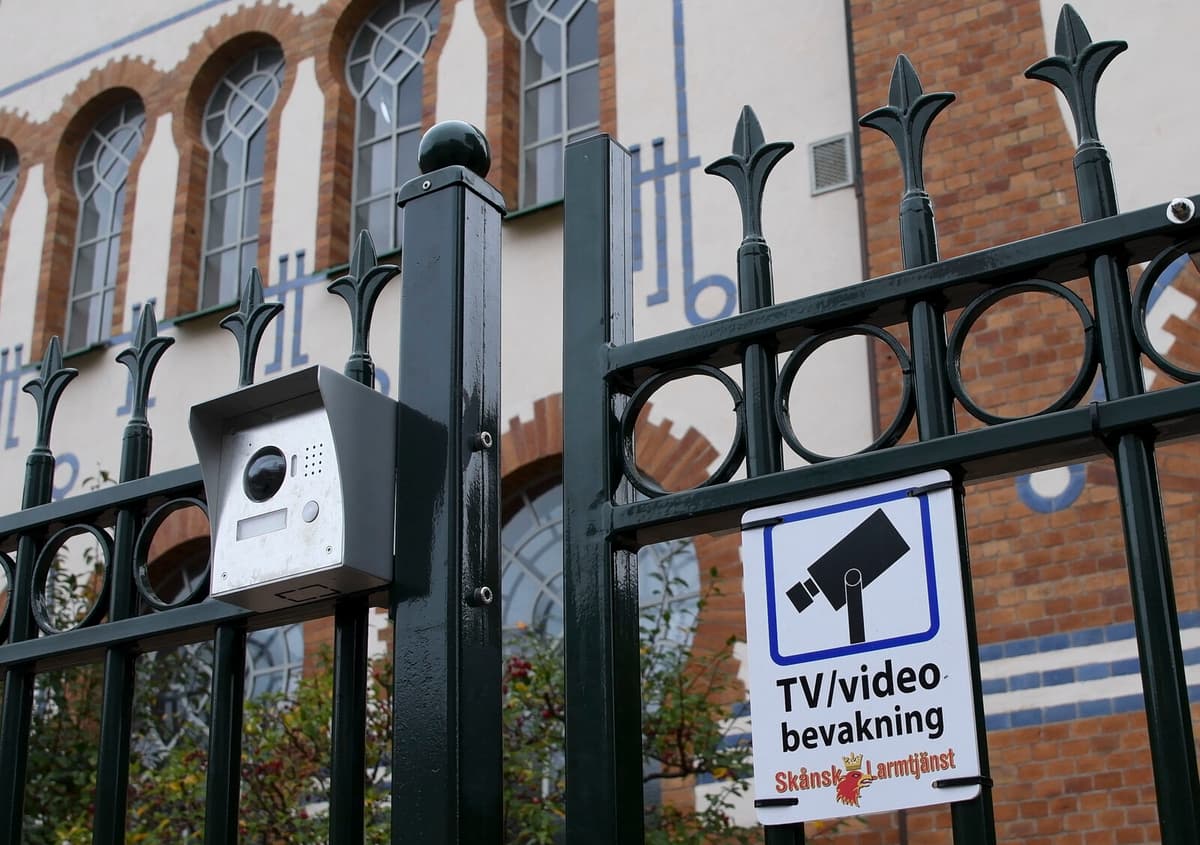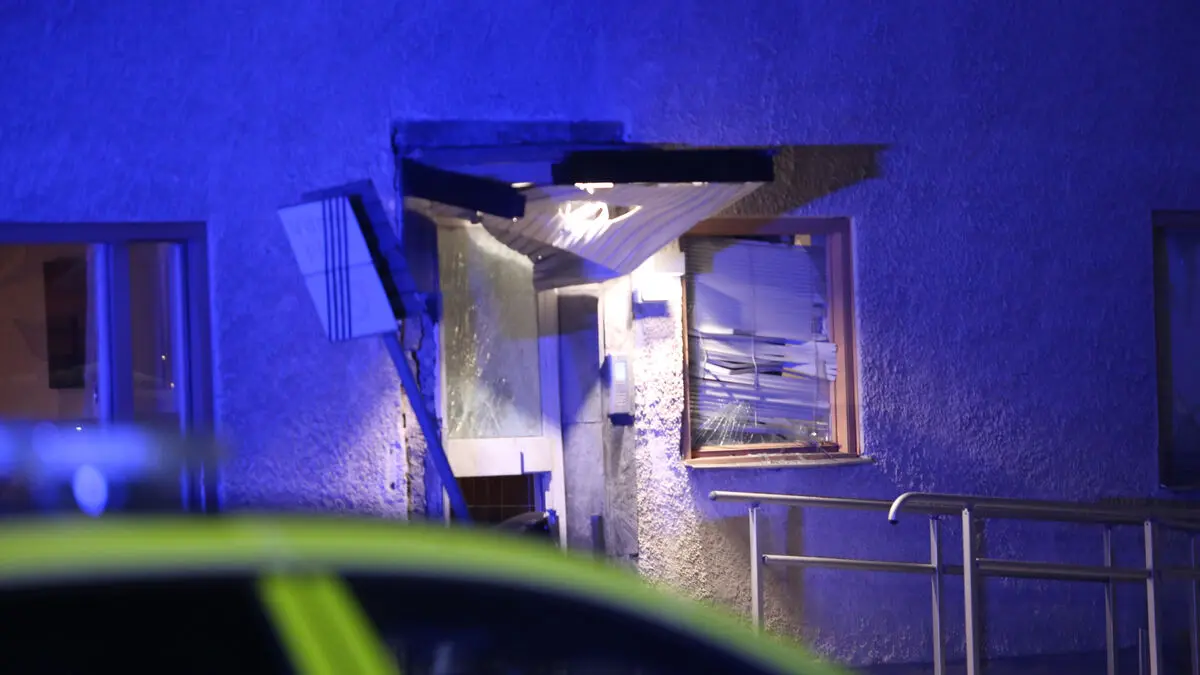The report, from the Segerstedt Institute at the University of Gothenburg, also notes that anti-Semitism moves in a gray area between anti-Semitism and criticism of Israel's policy, making it more difficult to address.
During a symposium on anti-Semitism, Ulf Kristersson begins by talking about the attack in Israel last year and how the number of anti-Semitic hate crimes increased sharply afterwards.
Anti-Semitism must not be relativized or trivialized. Hate is not silenced to death – rather, it thrives in silence, says Ulf Kristersson.
He further states that hatred towards Jews holds a special position.
Racism and intolerance are, of course, reprehensible regardless of who they are directed against, but anti-Semitism holds a special position.
No other group meets hatred and threats from so many directions at the same time – from neo-Nazism, right-wing extremism, and autonomous violent left-wing groups, says Ulf Kristersson during his speech.
Christer Mattsson, head of the Segerstedt Institute, says that many feel that their Jewish identity is conditional. If, as a Jew, one cannot be openly Jewish in public, it is an expression of anti-Semitism, he says.
Anti-Semitism is not just what is said and done, but also what is not said and cannot be done, says Mattsson during the symposium.
The report is presented to the Prime Minister during the symposium on anti-Semitism.






